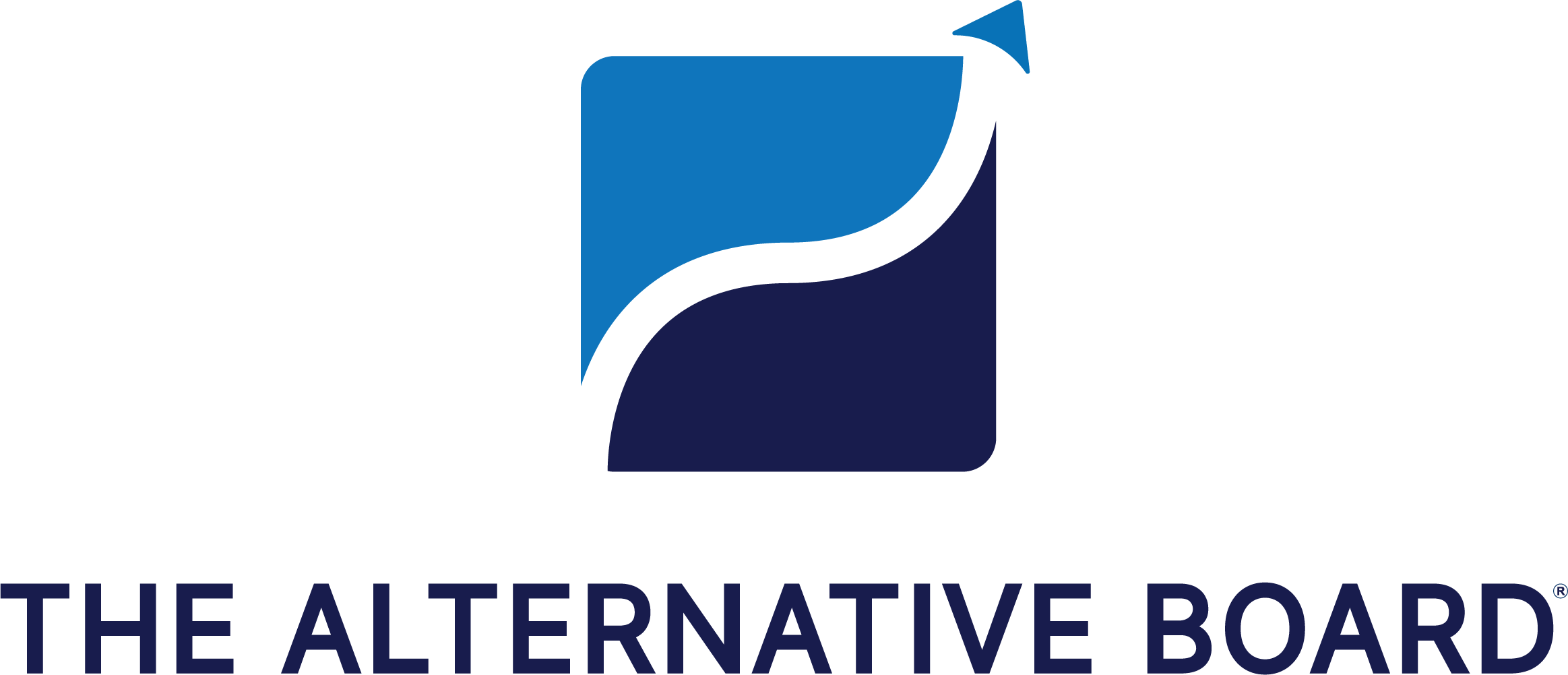Most business leaders consider themselves to be ethical individuals, particularly when it comes to running a company that prioritises integrity. However, even conscientious CEOs and business owners can make common business ethics mistakes.
It is therefore crucial to remain aware of potential ethical mistakes and to rectify them as soon as they arise. Leaders who do the right thing despite mistakes lay the foundation for future success, says Andrew Gonzales, a Hazard Mitigation Specialist, who adds that leadership “is not defined by the absence of mistakes, but by how they respond to them.”
On the other hand, when leaders fail to adhere to ethical behaviour (and do nothing about it), the results can be disastrous for an organisation. Employees can quickly tell whether their leaders “walk the walk,” and if they don’t, they may feel they are above any consequences of misconduct as well. Consequently, morale can sink, retention drops and a company’s reputation as unethical may be tarnished.
What are the most common ethical mistakes made by business leaders?
Failure to be accountable.
When businesses fail to establish mechanisms of accountability, they unwittingly lay the groundwork for unethical behaviour. An effective leader realises that accountability begins at the top and sets a tone for the entire organisation.
By contrast, insecure leaders rush to judgment when something goes wrong. To deflect blame from themselves, they turn to finger-pointing or even termination. The act of putting blame is fruitless and only serves to dampen morale and productivity in the workplace.
Lack of awareness of harassment or discrimination.
Each employee has the right to work in a workplace free of harassment and discrimination. It is unfortunate that business leaders who allow harassment to occur without addressing it set the tone for an unruly and unsustainable work environment.
Business leaders should do everything in their power to ensure that there is no sexual, verbal, or physical abuse at work. It is critical to apply the “zero-tolerance standard” to all departments.
According to Indeed, leaders should also make employees and managers aware of workplace discrimination, so they can hold discriminators accountable. Discrimination can be defined as any action that favours certain groups and ignores or downplays others.
Disregard complaints or reports of adverse behaviour.
Ethical Advocate notes that unethical conduct is “often like an infection.” “When other employees see that a rule-breaker has gone unpunished, they’ll begin breaking the rules as well.” In the absence of deliberate neglect of misbehaviour, an organisation will not thrive long.
In the event an ethics investigation is required, ensure the person or team handling the investigation follows through to the end. Many complaints filed with Human Resources or elsewhere are perceived to just fade away without any clear action being taken.
Failure to curb one’s emotions.
Like everyone else, business leaders are susceptible to emotional responses to situations. Keeping these emotions in check is crucial, since outward displays (especially of anger and fear) show poor leadership skills and a possible breach of ethical conduct.
According to Executive Coach Christian Muntean, leaders who are fearful or angry create cultures that reflect or react to their behaviour. Top executives, CEOs, and business owners must choose “to do their own internal work and find healthier responses to their anger and fear triggers.”
Would it be a good time for your organisation to reevaluate the importance of accountability?


